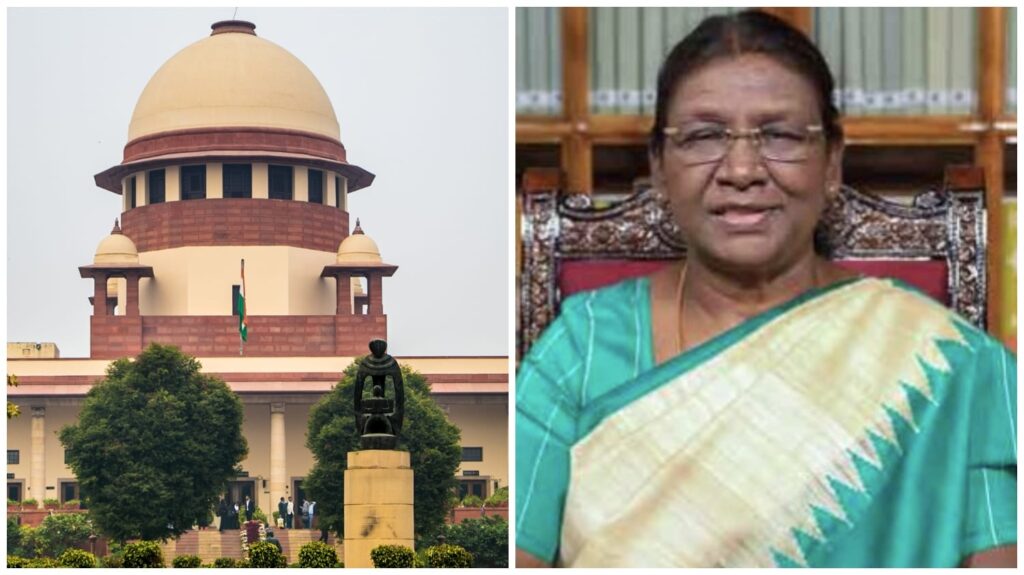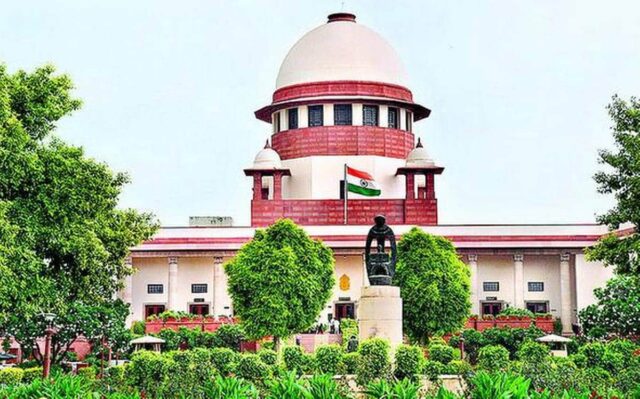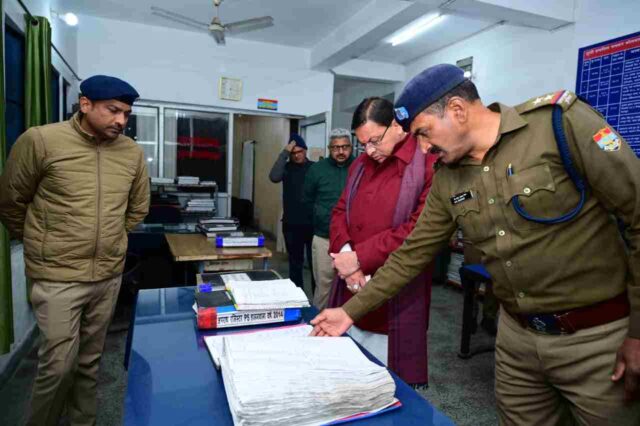‘Take a decision on the bills sent within 3 months…’ For the first time, the Supreme Court has set a deadline for the President

b
The Supreme Court has given an important decision in a case related to bills. The court has said that the President should take a decision within three months on the bills sent for consideration. This is the first time that the country’s Supreme Court has set a clear deadline for the President. This decision is also considered important because no time limit has been set for the President’s decision under Article 201 of the Constitution.
According to the Indian Express report, a bench of Justice JB Pardiwala and Justice R Mahadevan made its decision of April 8 public and said that in case of any delay beyond this period (three months), the concerned state will have to be informed and the reason for the delay will have to be given. The court’s decision came at a time when the action of Tamil Nadu Governor RN Ravi to send 10 bills to the President was termed “illegal and erroneous”.
During this, the court also referred to the Sarkaria Commission and Punchhi Commission, which recommended that a fixed time limit should be adopted to settle cases under Article 201. At the same time, the Punchhi Commission had also suggested setting a time limit in Article 201.
Writing on behalf of the bench, Justice Pardiwala said that under Article 201, when a bill is reserved for consideration by the Governor, the President has two options, to approve or not to approve. The bench further said,
“One feature of Article 201, which has been the reason for differences between the Center and the state for many years, is the lack of a time limit within which the President has to declare whether to approve or not to approve the bill after it has been reserved for consideration by the Governor.”
The bench said that if the Governor sends the bill for the President’s consideration and the President does not give his assent to it, then the way will be open for the state government to go before the court and oppose the action.







